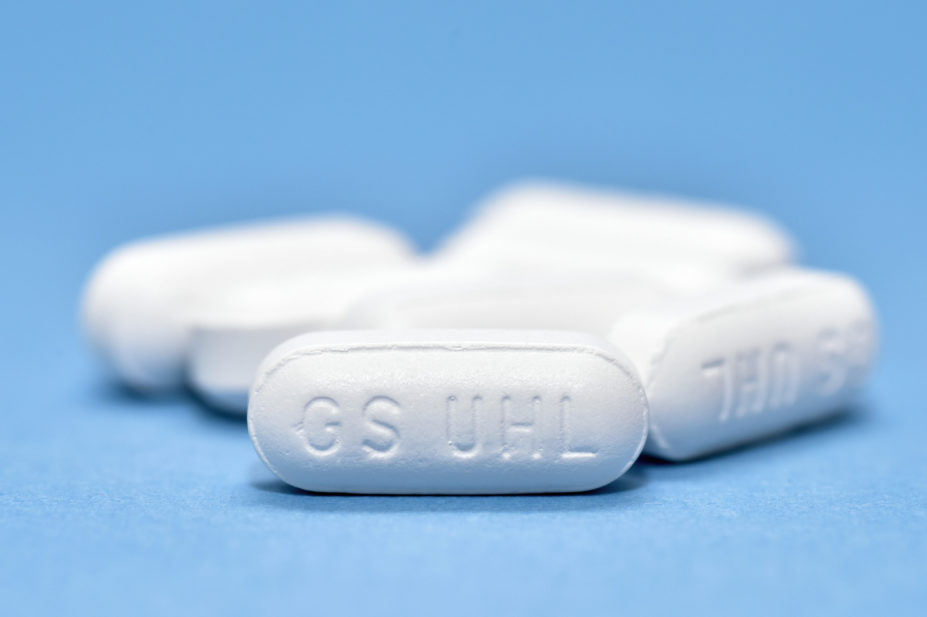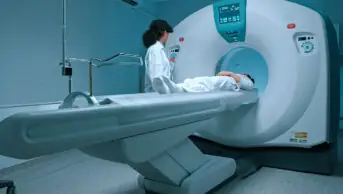
DR P. MARAZZI/SCIENCE PHOTO LIBRARY
Taking a ‘treatment holiday’ does not have a detrimental effect on the life expectancy of patients with advanced kidney cancer, and could reduce the impact of side effects, a UK trial has suggested.
The randomised controlled trial, results of which were presented at the European Society for Medical Oncology Congress (16–21 September 2021), compared the standard schedule of two first-line treatments for patients with metastatic and/or locally advanced kidney cancer, sunitinib and pazopanib, given in continuous cycles, with a modified schedule of the same two drugs but including planned treatment breaks.
The treatment breaks were tailored to the responses observed from tumour imaging in individual participants.
Both drugs are biological targeted treatments that have been used extensively to treat advanced kidney cancer which cannot be removed and cured by surgery. However, the side effects of both drugs, which can include liver damage, blistering of the hands and feet, and high blood pressure, can be so severe that treatment may need to be reduced or stopped completely.
In the initial stages of the trial, researchers recruited 210 patients from 16 NHS sites to establish if the modified schedule of sunitinib was effective. When the targets were met in 2014, the trial was then expanded to around 60 sites, with the aim of recruiting a total of 1,000 patients over a period of 65 months.
Participants were randomised equally to receive either sunitinib or pazopanib via the standard schedule of cycles every 6 weeks until disease progression, or to have the modified schedule with planned treatment breaks. They then had a clinical assessment every 6 weeks and scans every 12 weeks until there was evidence of significantly worsening disease.
Overall, the results showed that those patients who took a treatment break did not experience meaningful detriment to their life expectancy or their quality of life, and cost savings to the NHS of thousands of pounds per patient were an added benefit.
Janet Brown, chair in translational medical oncology at the University of Sheffield and chief investigator of the study, said: “Whilst these drugs have succeeded in prolonging life expectancy, we should not underestimate the burdens imposed on patients by the side effects of the drugs and the need for patients having to frequently attend hospital for blood tests.”
Brown also said that the trial demonstrated that taking treatment breaks was well accepted by both patients and their clinicians.
“Indeed, many patients opted for more treatment breaks than the trial demanded,” she added.
“We hope that the rigorous evidence provided by the trial will lead to changes in normal practice for the benefit of patients, clinicians and the NHS, which can potentially save millions of pounds annually.
“We also hope that the trial will be an example to encourage patients and clinicians to consider the benefits of treatment breaks for other types of treatment and in other cancers.”


